Before you leave...
Take 20% off your first order
20% off
Enter the code below at checkout to get 20% off your first order
Call us at 77778586 or Live Chat 👇
Free shipping above €70
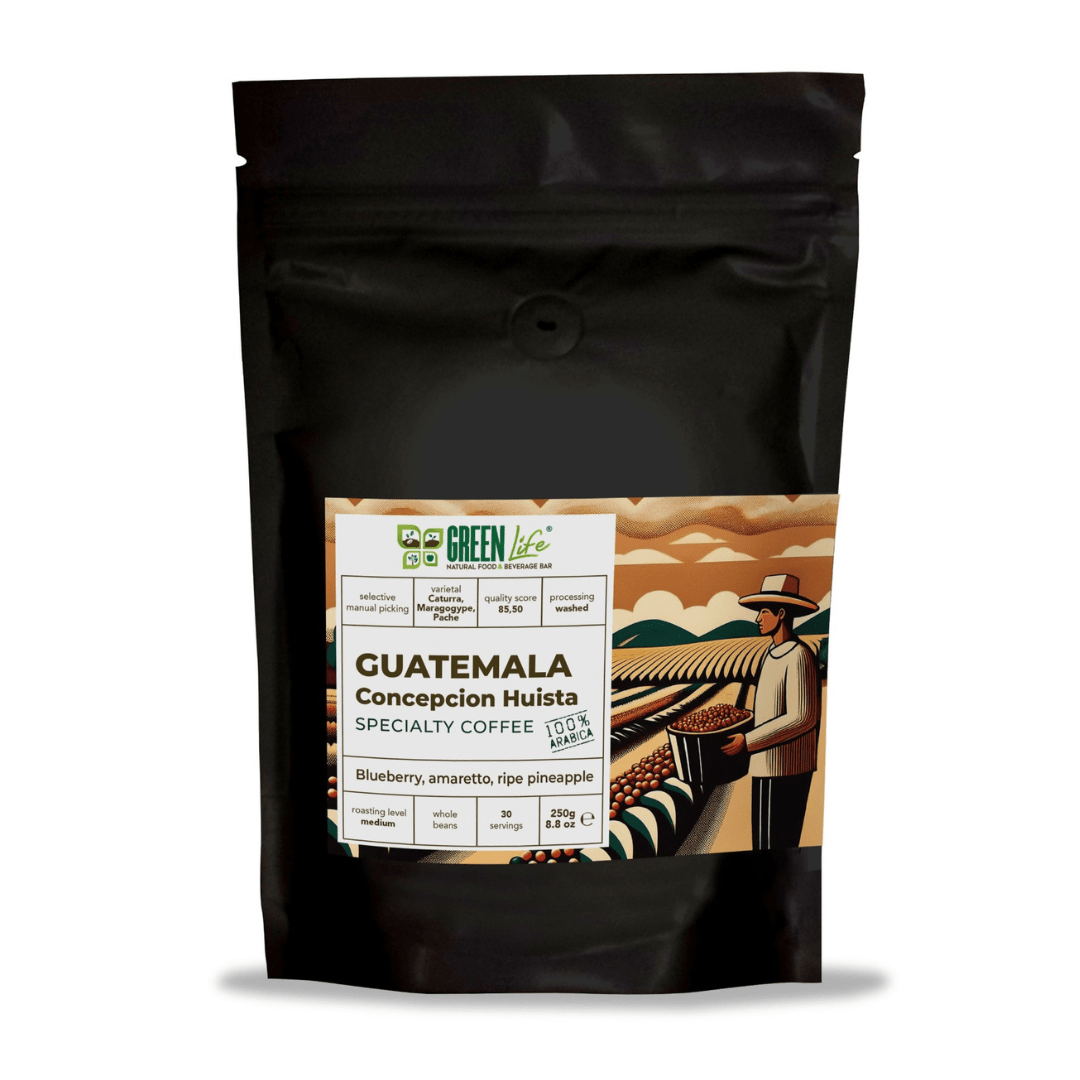
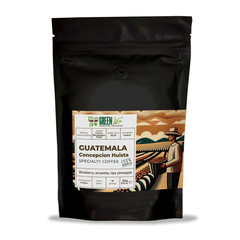
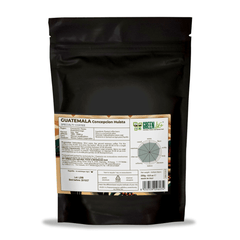
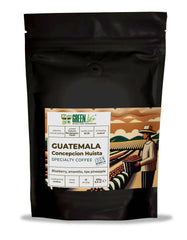
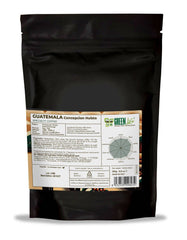
Couldn't load pickup availability
Free standard shipping on orders above €50 in Cyprus
Estimated to be delivered within 2 to 4 working days.
You may return most new, unopened items within 30 days of delivery for a full refund. We'll also pay the return shipping costs if the return is a result of our error (you received an incorrect or defective item, etc.).
You should expect to receive your refund within four weeks of giving your package to the return shipper, however, in many cases you will receive a refund more quickly. This time period includes the transit time for us to receive your return from the shipper (5 to 10 business days), the time it takes us to process your return once we receive it (3 to 5 business days), and the time it takes your bank to process our refund request (5 to 10 business days).
If you need to return an item, simply login to your account, view the order using the "Complete Orders" link under the My Account menu and click the Return Item(s) button. We'll notify you via e-mail of your refund once we've received and processed the returned item.
Blueberry, macaroon, ripe pineapple
Delicately fruity, the coffee reveals a pleasant balance of sweetness, body and acidity in the cup with aromas reminiscent of ripe tropical fruits and notes of amaretto.
Quality score: 85,5
Varietal: Caturra, Maragogype, Pache
Processing: washed
Region: Huehuetenango
Harvest: September – April
Altitude:1800 – 2200 m
Farm: Small holders
Producer: Women CODECH Cooperative

Based on the roasting style of our Andrea and Fabrizio, we suggest two recipes, for espresso and for filter (V60) that you can use as a starting point to emphasize the flavors of this specific batch. You can also enjoy this coffee with other extraction methods; use our suggestions as a starting point to obtain the sensory nuances you prefer, to be adjusted based on the degree of grinding, the characteristics of the water and the equipment used.


CODECH
CODECH (Coordinator of Development Organizations of Concepcion Huista) is a cooperative of Mayan producers founded in 1998, where some of the best coffees in Guatemala are grown. Gregorio, the general manager, sets as the primary objectives of the Cooperative the participation of women in society and the workforce, as well as the renewal of their farms. The special program CODECH's women producer coffee is one of the catalysts of the collaboration with women producers; in fact, the coffees in this batch come 100% from farms owned or managed by women. The women producers receive a premium for the sale of their coffee, which they use to support health initiatives that benefit their community, including helping the research laboratory for women's health in the Municipality of Concepcion Huista, which unfortunately has a high infant mortality rate.
Guatemala
A large percentage of Guatemala's population, and thus the coffee sector, identifies with one of over 20 officially recognized indigenous groups. Most growers are smallholders who work independently of one another, loosely associated through proximity and cultural ties, or formally affiliated with cooperative associations. In 1960, Guatemalan coffee growers developed their own union, which later became the National Coffee Institute Anacafé (Asosiación Nacional del Café), which is a research center, marketing agent, and financial organization that provides loans and support to growers throughout the various regions. Beginning in 2012 and continuing for several years, the coffee leaf rust epidemic proved to be a major obstacle to coffee production in the country, reducing yields by up to 25% and prompting the government to declare a state of emergency. Farmers have tried a combination of chemical and organic treatments, intensive and targeted pruning, reduction of shade plants and replacement of susceptible varieties such as Bourbon, Caturra and Catuai with others more resistant to leaf rust. Anacafé has worked closely with World Coffee Research on varietal trials and research that will hopefully lead to protection and prevention of similar epidemics in the future, as well as ensuring more productive crops for small growers.
Huehuetenango
The plantations are located in Concepcion Huista, in the Huehuetenango region, on the border with Mexico, more precisely in the Sierra de los Cuchumatanes, the highest mountain range in Central America. Thanks to the climate, altitude, water sources and traditional varietals, the region is known for producing some of the best Specialty Coffees in Latin America, which stand out for their chocolatey and fruity flavors.
Catch
The Caturra cultivar, which has become common throughout Central America, derives from the natural mutation of a single gene of the Bourbon variety; discovered between 1915 and 1918 in a Brazilian plantation in the state of Minas Gerais, the small plant was introduced into Guatemala in the 1940s, but large-scale commercial adoption developed after about 30 years with the introduction into Costa Rica, Honduras and Panama. For decades, Caturra has been one of the most economically important varietals in Central America, to the point of being often used as a reference point for testing new cultivars.
Maragogype
Discovered in 1870 near the Brazilian city of Maragogype, the cultivar, which derives from the natural mutation of a single dominant gene of the cultivar Typica, is due to Maragogype, one of the parents of the Pacamara variety, and Maracaturra, a variety that has particularly large grains and leaves.
Pache
The variety was discovered in 1949 on the Brito farm in Santa Cruz Naranjo, Santa Rosa, Guatemala; from there the seeds of these plants were selected to form a new high-performance cultivar. Mass selection took place on private farms in Guatemala and from there it spread to other regions and countries.
Harvesting the drupes
The coffee drupes are hand-picked to ensure the perfect level of ripeness of the fruit and delivered the same day to the washing station for processing.
Peel and pulp removal
The first processing phase consists in the mechanical removal of the peel and pulp of the fruit in order to separate the green coffee beans that will be subsequently fermented in water. The processing waste, peels and pulp, will be used as natural compost to nourish the plants.
Fermentation in water
The coffee beans are immersed in water in fermentation tanks, where they will remain for a period that varies from 12 to 24 hours depending on the external climate. After fermentation, the coffee beans are passed through special rinsing channels where the mucilage still present will be removed.
Drying
The coffee beans are now placed on raised beds (African bed) and left to dry in the sun for a period of time that varies from 3 to 4 weeks. This slow procedure will allow to obtain homogeneous beans with a final humidity percentage between 10% and 12%.
Packaging and moisture reduction
After drying, the coffees will be packed in jute bags and stored in the warehouse for about 1 month; this process helps to further standardize the percentage of humidity thus avoiding the risk of mold formation during sea transport.
Decortication
Once the right level of humidity is reached, the parchment is removed from the coffee bean through a roller machine. The coffee is then placed permanently in jute bags and made ready for shipping.
While Green Life strives to ensure the accuracy of its product images and information, some manufacturing changes to packaging and/or ingredients may be pending update on our website. We recommend that you read labels, warnings and directions of all products before use and not rely solely on the information provided by Green Life.
You may return most new, unopened items within 30 days of delivery for a full refund. We'll also pay the return shipping costs if the return is a result of our error (you received an incorrect or defective item, etc.).
You should expect to receive your refund within four weeks of giving your package to the return shipper, however, in many cases you will receive a refund more quickly. This time period includes the transit time for us to receive your return from the shipper (5 to 10 business days), the time it takes us to process your return once we receive it (3 to 5 business days), and the time it takes your bank to process our refund request (5 to 10 business days).
If you need to return an item, simply login to your account, view the order using the "Complete Orders" link under the My Account menu and click the Return Item(s) button. We'll notify you via e-mail of your refund once we've received and processed the returned item.
Domestic Shipping (Cyprus): Free Delivery: Orders over €50 Orders Under €50: €2.50 for door delivery, free to ACS Orders Under €20: €2.50 for door delivery, €1.50 to ACS Delivery Time: 1-2 working days
International Shipping: EU Delivery: €19.90, 5-7 working days Worldwide Delivery: €29.90, 10-12 working days
Important Note: Delivery times may extend during holidays.
Customs Information: EU Customers: No customs fees. Non-EU Customers: Customs duties may apply. Check with your local customs office for details.
Thanks for subscribing!
This email has been registered!
Before making a purchase, please make sure to check out our Shipping & Delivery Policy.
If you have any questions about these terms, please contact us here .

Take 20% off your first order
Enter the code below at checkout to get 20% off your first order